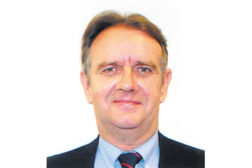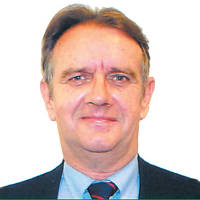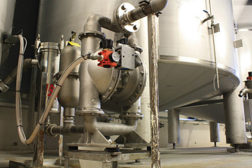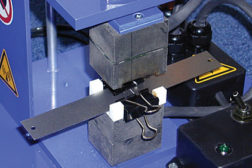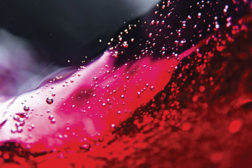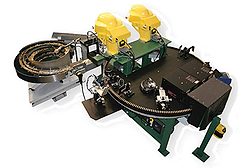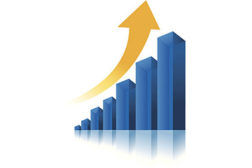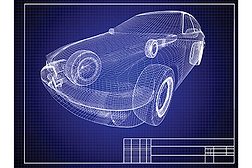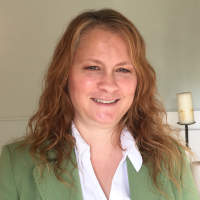Finished Adhesives and Sealants
Dave Dunn's June 2014 column.
Read More
Case Study: Air-Operated Double-Diaphragm Pumps Provide the Glue of the Operation for an Adhesives Manufacturer
Air-operated double-diaphragm pumps offer multiple benefits for adhesive and sealant manufacturing operations.
June 2, 2014
Rapid Adhesive Bonding by Induction and Microwave Curing
Induction and microwave curing procedures must be evaluated and customized according to the specific application.
June 2, 2014
Advancements in UV LED Curing Technology for Adhesives
The gaps that previously existed between traditional lamp solutions and UV LED-based curing systems have been narrowed.
June 2, 2014
Focus On: Adhesive Mixing Technology Can Help Facilitate Sustainability in Dental Practices
A new adhesive mixing technology can save money by reducing materials consumption.
June 2, 2014
Innovation and the Future of Liquid Filling Machines for Adhesives and Sealants
Nozzles and gravity-fed direct-fill systems can improve filling accuracy and throughput.
June 2, 2014
Case Study: Ammunition Sealant Dispensing System
A custom ammunition sealant dispensing system reduces production costs and saves time while increasing accuracy and quality.
June 2, 2014
Market Trends: Additive Manufacturing on the Rise
3D printers will increasingly be used to manufacture direct production parts and finished goods in a variety of applications.
June 2, 2014
IP in Depth: Effective Preissuance Submissions
Preissuance submissions are a one-chance opportunity to present prior art in such a way that an examiner will be convinced to apply the prior art to reject pending claims in a patent application.
June 2, 2014
Top 5 News that Sticks
3M Personnel Announcement in Top Spot
Last week, readers were most interested in the appointment of a new VP for 3M.
June 2, 2014
Keep the info flowing with our eNewsletters!
Get the latest industry updates tailored your way.
JOIN TODAY!Copyright ©2024. All Rights Reserved BNP Media.
Design, CMS, Hosting & Web Development :: ePublishing
